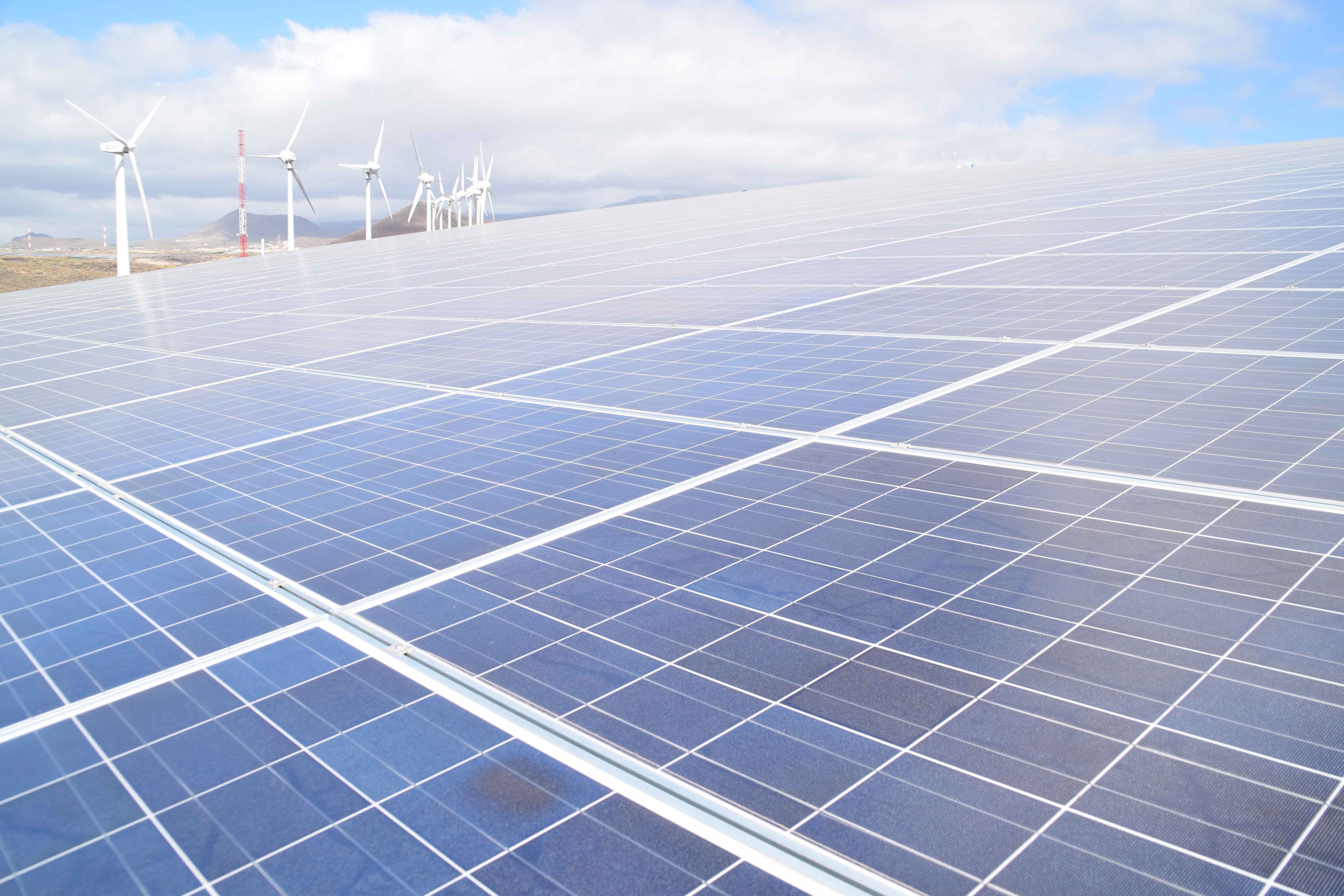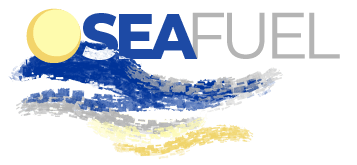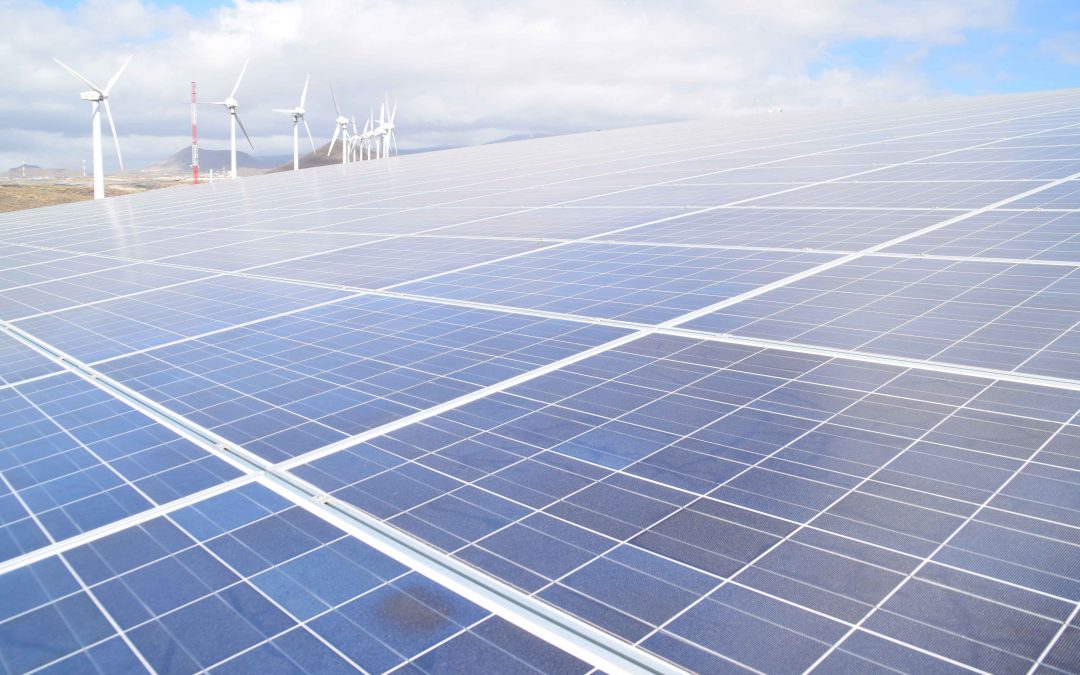NUI Galway has officially launched the SEAFUEL project, which aims to use hydrogen as a renewable resource across the Atlantic area to power the local transport fleet of cars and support the shift towards a low-carbon economy. The project will be piloted in the Canary Islands, Madeira in Portugal and the Aran Islands.
Led by NUI Galway, the €3.5 million three year SEAFUEL project will use the expertise and infrastructure of a group of transnational partners in renewable energy, namely solar and wind, to demonstrate the viability of hydrogen as a fuel to be used by the local transport authorities.
SEAFUEL aims to demonstrate the feasibility to power local transportation networks using fuels produced by renewable energies and seawater, with no net carbon footprint as promoted by the resource-efficient flagship initiative COM(2010)2020, an EU policy document on ‘a strategy for smart, sustainable and inclusive growth’ within the Europe 2020 strategy. SEAFUEL will cover technical innovation by way of a demonstration plant, a framework for policy implementation and a sustainability analysis of production, and distribution and usage of hydrogen as an alternative fuel in remote Atlantic regions.
Dr Pau Farràs from the School of Chemistry at NUI Galway, said: “SEAFUEL proposes a sustainable way to power local transportation in isolated regions using renewable resources such as sun, wind and seawater, considering the inherent intermittency of such solar and wind energy.”
SEAFUEL will focus on enhancing the green growth and blue economy and paving the way for common renewable energy policies to promote clean and sustainable transport systems. Isolated areas such as islands face the specific challenge of the high cost of electricity and fuel and their dependency on mainland infrastructures. SEAFUEL will target these regions where 30% of fuel consumption comes from local transportation.

The project aims to drastically reduce greenhouse emissions, particle matter (PM) and nitrogen dioxide (NO2), in line with the Clean Air Programme for Europe 2008/50/EC, and provide a pathway for isolated regions to become energetically independent, leading to future installations in other Atlantic regions. An alternative fuels model for islands will be developed to fulfil the requirements that each of the partner regions propose for their ‘Regional Innovation Strategies (RIS3), aimed at low carbon economy and efficient use of marine resources.
The SEAFUEL project is co-financed by the 2014-2020 INTERREG Atlantic Area programme that supports transnational cooperation projects in 36 Atlantic regions in five countries; France, Ireland, Portugal, Spain and the United Kingdom, contributing to the achievement of economic, social and territorial cohesion.
Led by NUI Galway, the SEAFUEL partners include; Comharchumann Fuinnimh Oileáin Árann Teoranta, University of Liverpool, Action Renewables, HyEnergy Consultancy Limited, Logan Energy, the Institute of Technology and Renewable Energies of Tenerife and the Tenerife Energy Agency, The Regional Agency for Energy and Environment of the Autonomous Region of Madeira in Portugal and the European Hydrogen Association in Belgium.
For more contact Dr Pau Farràs Costa, SEAFUEL Project Lead, School of Chemistry, NUI Galway at pau.farras@nuigalway.ie or 091 492765.
Visit SEAFUEL at: https://www.facebook.com/SEAFUEL.EU/




Recent Comments